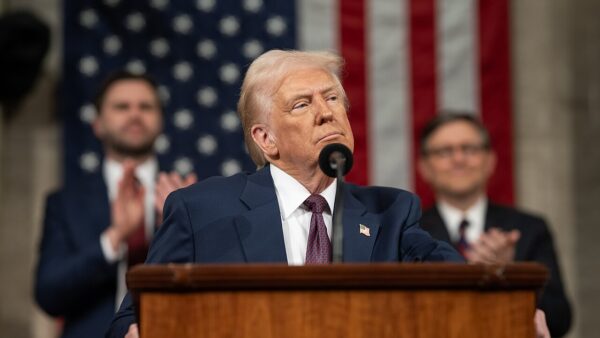After gruelling negotiations, a Turkish power station developer has reached a $4.2bn deal with the government of Iran to build seven gas power stations, which will boost the country’s electricity output by 10%.
Billed as the largest investment in post-sanctions Iran, the deal sees the stations sited in seven separate regions, with a total installed capacity of 6GW, the company, Unit International, said in a statement.
The firm is headquartered in Brussels, but is owned by Unal Aysal, a businessman and former chairman of Istanbul soccer club Galatasaray. Aysal said that when completed the power plants would meet 10% of Iran’s energy needs.
Construction is planned to begin in the first quarter of 2017 following the signing of the deal in Tehran on 1 June.
More than a thousand hours went into the year-long negotiations, according to Mohsen Tarztalab, managing director of Iran’s Thermal Power Plants Holding Company, which is acting for the energy ministry. He added that the combined-cycle plants would be twice as efficient as Iran’s current inventory.
Unit will provide the capital to build the stations, and will then run them for 20 years. Aysal commented that this deal would be the largest investment in post-sanctions Iran, and “one of the largest made in a single package in the world”.
Unit built gas power stations in Iran before UN sanctions forced foreign contractors to discontinue their work. These include the 2.2GW Rudeshur scheme in Tehran (pictured), as well as 740MW facilities in Qazuin and Shiraz, a 700MW scheme in Karadh and a 250MW plant in Mashhad.
The company has recently agreed to build an 840MW gas plant in northern Iraq, which is expected to break ground by the end of the year.
Aysal said that his company had been working in Iran for the past 34 years. He told Turkish media: “We have completed all the work we’ve done on time. We had no problems in our work. Trust and investment will be based on the friendship between Iran and Turkey.”
As well as power station construction, Unit is involved in generation, property investment, biotechnology and tourism.
Over the past 10 years Iran’s power generation capacity has grown by about 7% a year, based on its own immense reserves of natural gas. As well as meeting domestic demand, it exports electricity to Iraq, Armenia, Pakistan, Turkey, Iraq and Afghanistan.
By the end of the sixth five-year development plan in 2021, Iran’s total power generation capacity has the target of increasing by 26GW.
Image: The giant 2.2GW Rudeshur scheme in Tehran (courtesy of Parhoon Tarh)






